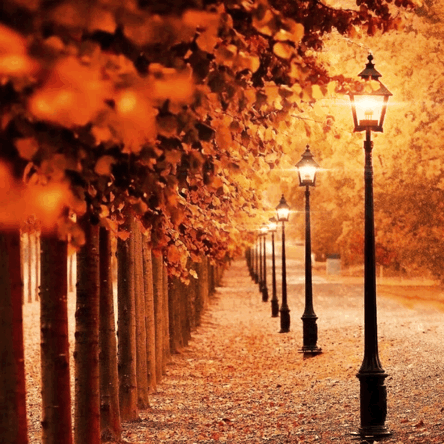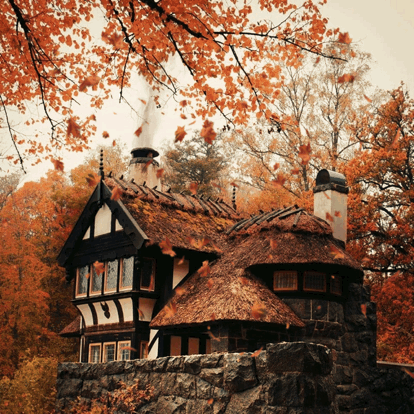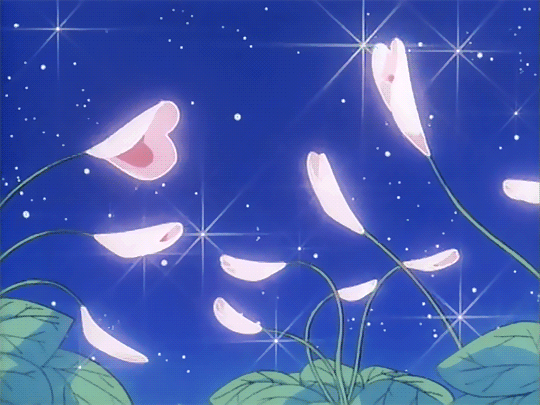There is nothing else in nature besides a thought. It works above space and time, with no delay. The thought is the uppermost force of human nature, that is, all is scrutinized in the thought. We too exist in a thought: we feel through our vision, hearing, smell, taste, and touch. We experience a world with galaxies and stars. It is all through our senses and thoughts. There is nothing more than thoughts.
Thoughts come to a person from the thought of creation, which includes everything and everyone. Thus, you have control over them. In fact, you do not control anything else in nature, only your thoughts.
Everything is scrutinized in thought. To change your thought means to change your attitude toward creation, which is expressed through people and all those things that stimulate you. This is the way to reach a correction, which is indeed all we want—to be just like nature—drawn to balance. You also want to be in balance with all parts of nature, including matter, plants and animals. Balance means love.
Does a kabbalist control his thoughts? A kabbalist tries to be aligned with nature by annulling his ego, allowing nature, which is the Creator or the general force of nature, to use them correctly. A person adds the force of his free choice to nature and then he truly exists in a good and balanced way.See less
Source: video by Dr. Michael Laitman Face Book playlist
You can watch this video following the link below:
https://www.facebook.com/plugins/video.php?height=314&href=https%3A%2F%2Fwww.facebook.com%2FMichaelLaitman%2Fvideos%2F3001611763501087%2F&show_text=false&width=560&t=0










